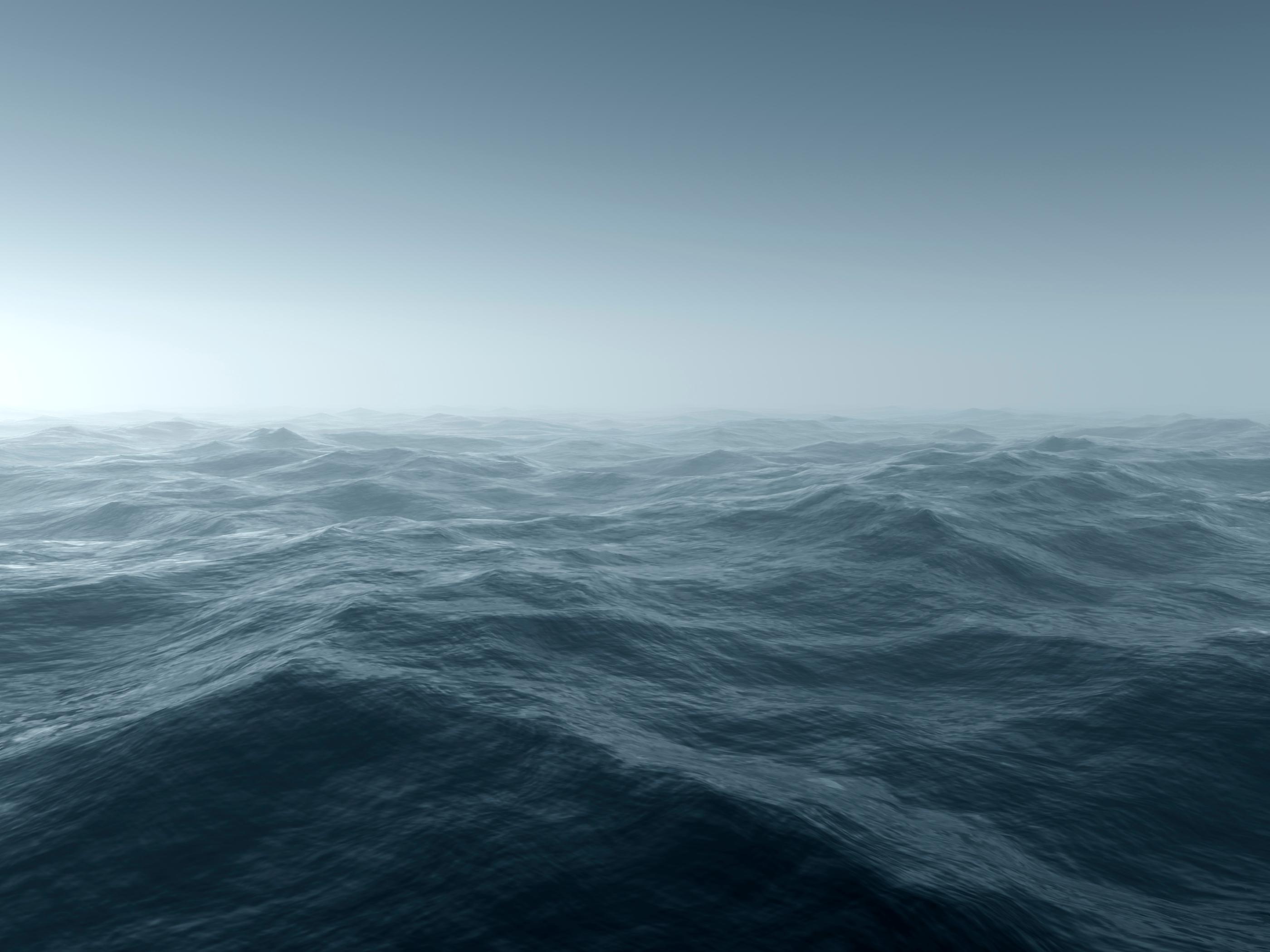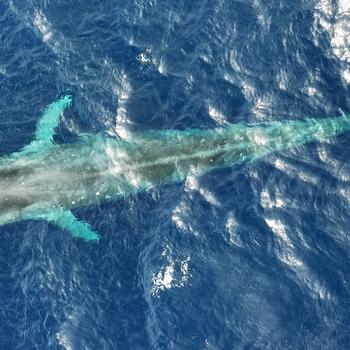This post was updated on September 25, 2019 at 11:40 am.
The world’s oceans are perilously close to wreaking havoc on humanity due to climate change, according to a new report.
The Intergovernmental Panel on Climate Change (IPCC) released its “Special Report on the Ocean and Cryosphere in a Changing Climate” today in the midst of Climate Week, days after world leaders gathered at the UN Climate Action Summit to discuss this pressing global crisis. The report outlines the grave impacts climate change will have on the world’s oceans and what governments need to do to prevent the collapse of marine ecosystems.
Conservationists are sounding the alarm.
“In the climate breakdown, as emissions rise, absorptive oceans become hot, stratified, acidic,” said Conservation International’s CEO M. Sanjayan. “This is not new information. But today, the IPCC confronts us with the urgency to prevent future harm and the reality of irreversible damage.”
Higher ocean temperatures are melting polar ice and glaciers from the Greenland and Antarctic sheets at a rapid rate, resulting in an unprecedented rise of sea levels that has the potential to displace more than 680 million people living across low-lying coastal communities, according to the report. This rising class of migrants, known as “climate refugees,” may be forced to make fundamental shifts to adapt to climate change.
Many coastal cities and small island nations will experience “extreme sea level events” that were previously historically rare, at least once every year by 2050, even if countries are able to reach their emissions reduction targets, says the report. Indonesia is already preparing for this future as it moves its capital out of Jakarta — the fastest-sinking city in the world — to Borneo to avoid mass flooding from the sea.
“The negative impacts on food and water security, human well-being, livelihoods and more caused by the changes already occurring in the ocean and cryosphere are undeniable — and for those living along Earth’s coastlines, the devastation will be astronomical,” said Aulani Wilhelm, the senior vice president of Conservation International’s Center for Oceans. “The need for immediate, transformative action is clear. It’s time for the world to recognize that climate change is ocean change.”
The report warns that if man-made emissions are not significantly cut by the end of the century, permafrost (frozen soil) across the Northern Hemisphere’s could thaw. This could release between 1,460 to 1,600 gigatons of carbon, which is almost “twice the carbon in the atmosphere,” states the report.
Humans will not be the only ones affected by degraded ocean ecosystems and the rapidly changing climate. Marine heatwaves have doubled since the 1980s, notes the report, killing fish, seabirds, coral reefs and seagrasses. Increased levels of ocean acidification could cause a mass extinction of shelled marine life — from crabs to coral — which the report says can be avoided if emissions are deeply cut this century. A portion of these emissions reductions and better marine conservation can be achieved, Wilhelm says, by restoring coastal wetlands, ending illegal fishing and safeguarding oceans through networks of marine protected areas.
As discouraging as the report’s findings are, all is not lost, experts said.
“How resounding the consequences, how great the effect, is still up to us,” said Sanjayan. “It’s a matter of resilience and adaptation. It’s a matter of protecting and restoring oceans. It’s time to align governments, businesses, local communities to protect the vulnerable, the millions who live on the water’s edge, and ensure indigenous peoples continue to be on the forefront of ocean stewardship. This is a moment for resolve.”
Kiley Price is a staff writer for Conservation International.
Want to read more stories like this? Sign up for email updates here. Donate to Conservation International here.
Cover image: Rough, stormy ocean surface. (© Paul Fleet)
Further Reading:



